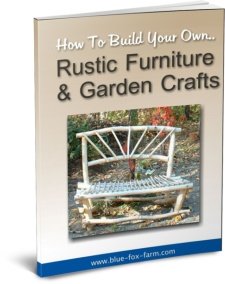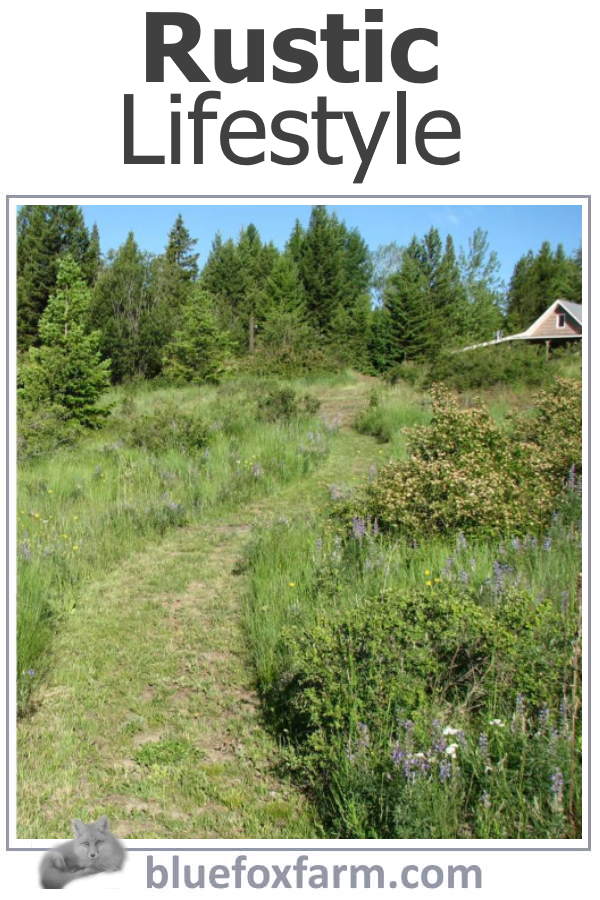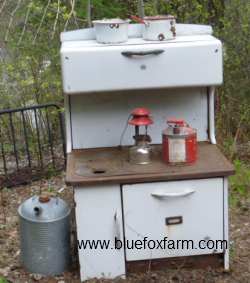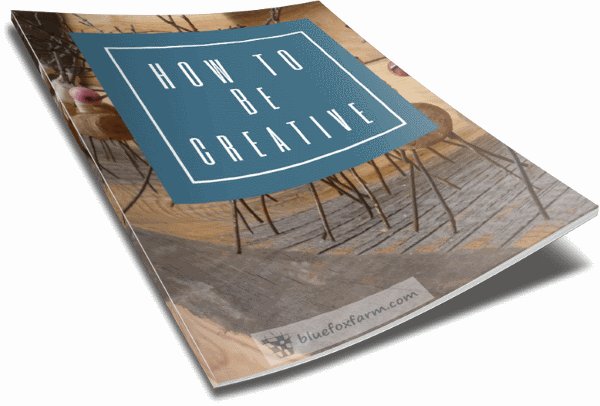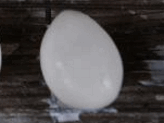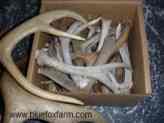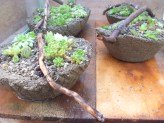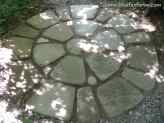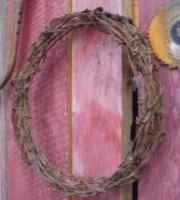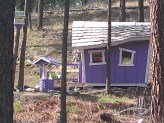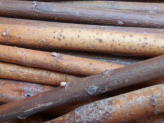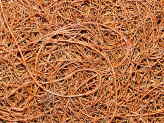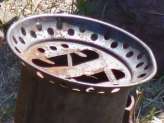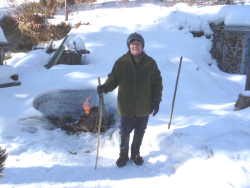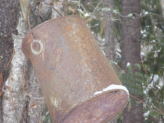Get the e-Book
Come into the garden and find some twigs - then, let's build! They can be rugged and rough, or more refined and smooth.
Whatever they look like, there's a craft for that.
- Home
- Rustic Crafts
- Rustic Lifestyle
The Rustic Lifestyle
Learn Useful Country Skills and Live Light on the Land
Consider the rustic lifestyle; it's a choice many of us have willingly adopted; others not so much.
What makes up a rustic lifestyle? Is it the way of thinking? A general discomfort with the fake and material thought processes of many of our generation, and those that came after? What does it even mean?
High oil prices mean less access to the produce we're used to from Chile and California, and less traveling for expensive vacations in far off destinations.
There is more incentive to stay close to home and make rustic garden crafts, collecting supplies from surrounding woods and fields while wildcrafting.
The is rewarding, conscience clearing and beneficial to the health of body and soul. If you're a gardener and wildlife observer and live close to the land as we were meant to, you’ll know what I mean.
Children today are at risk for becoming the first generation to actually have a shorter lifespan than their parents, due to obesity, a sedentary lifestyle and access to nutrient poor food.
Don’t we owe it to them to give them the same advantages that we had – running free in the open, building tree forts, and finding frogs in ponds?
If you had a similar upbringing to mine, we never sat in front of a television – we were outside, exploring nature, discovering wildlife and making our own entertainment.
Hillbillies living in isolated hollows high in the Blue Ridge Mountains of Tennessee learned how to survive on very little. Their access to commercially produced items was virtually non-existent, and they became self sufficient and sustainable.
I’m not advocating that we all up stakes and move to similarly isolated farms and villages, but we can utilize the skills and craftiness of these mountain people.
Growing some of your own food, gleaning the woods and orchards for nuts and windfalls for jam, or gathering twigs for crafts is an enlightening experience.
Think of heating your house and cooking your meals on an antique wood burning cook stove, or keeping your homegrown organic vegetables in a rustic root cellar (this link opens in a new window).
Making wine or jam from wild fruits and berries wildcrafted, and watching the turning of the seasons close up; seeing the small creatures going about their busy lives, this is what the rustic lifestyle is all about. Nowadays, we collect antique canning jars and antique glass bottles to display in our homes to evoke the pioneer spirit.
We’ve lost the initiative and our spirit of adventure by relying solely on what huge corporations decide we need to survive.
Simply being alive is not the same as living.
The richness of natures bounty, the texture of life really lived, is what it’s all about. A fascination and appreciation of the patina of aged wood, well used household items like wooden treenware, hand made antler buttons on a favorite old woolen coat – these are the stuff of the rustic lifestyle.
Making and reusing, repurposing and recycling are no longer odd and out of date requirements from the Great Depression. These are today’s necessities too.
If you’re interested in how you can live the rustic lifestyle, join me in the exploration and discover the joy and satisfaction as I build this site; get more stories from the holler; sign up for Rurality newsletter - see you there:
If you're curious how broken pots, twigs and wire combine into magic, let's explore creativity in action.
Fill in the form below for your copy;
(Don't be disappointed - use an email address that will accept the free download - some .aol email addresses won't.
If you don't see your download within a few minutes, try again with another email address - sorry for the bother.)
